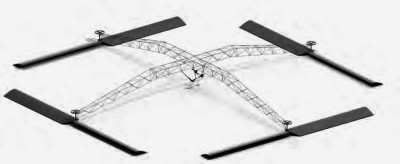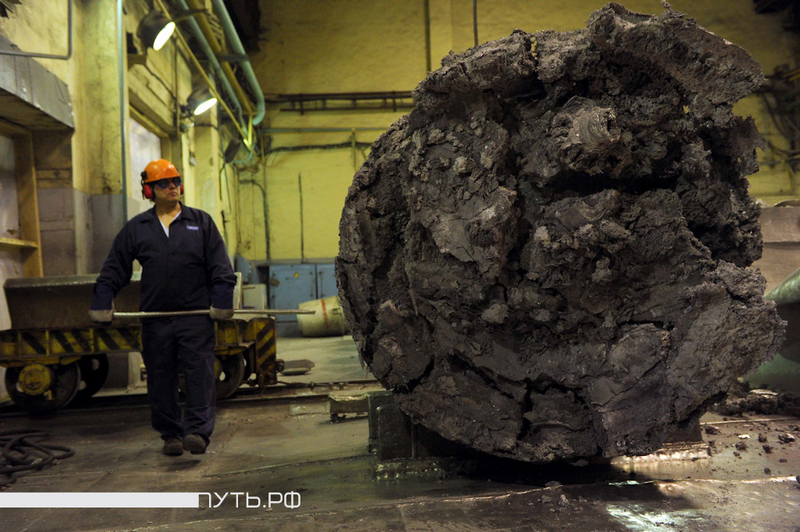Known as Azul+Verde, the project is pioneering the development of renewable jet fuels produced from sugarcane for global aviation
Sao Paulo, Brazil - June 19, 2012 - Azul Brazilian Airlines, in partnership with Amyris Inc. (NASDAQ: AMRS), Embraer (NYSE: ERJ; BOVESPA: EMBR3) and GE (NYSE: GE), made a demonstration flight today using an innovative, renewable jet fuel produced from Brazilian sugarcane. Heading to Rio de Janeiro Santos Dumont Airport, the Embraer E195 jet operated by Azul departured from Campinas Viracopos Airport and has flown over the “Marvelous City” of Rio, which is hosting the U.N. Conference for Sustainable Development (Rio+20) this week.
Known as the Azul+Verde (a greener blue), this project began in November 2009 with the objective of evaluating a new concept in the development of a renewable jet fuel that could reduce greenhouse gas emissions. In addition to providing an alternative to fossil fuels, the initiative represents another major step towards a sustainable air transportation industry.
“Azul’s commitment to reducing our dependency on volatile petroleum products goes beyond reducing our costs. The main objective is to innovate in our service offerings, using the best technologies to reduce our carbon footprint as well as raise awareness among our customers that they are not just choosing an airline that is merely concerned about the environment but is taking steps to preserve it,” said Flavio Costa, Chief Operating Officer of Azul Airlines.
A lifecycle analysis and sustainability study developed by a Brazilian think-tank, Institute for International Trade Negotiations (ICONE), indicates that the Amyris renewable jet fuel could reduce greenhouse gas emissions up to 82%, when compared to convention fossil-derived jet fuel.
“Amyris’s renewable jet fuel has been designed to be compliant with Jet A/A-1 fuel specifications. To that end, we have successfully undertaken a series of tests that measure its performance,” said John Melo, President & Chief Executive Officer of Amyris. “This demonstration flight caps a major milestone in our jet fuel program and allow us to pursue our certification and commercialization goals,” Melo concluded.
This fuel, referred to as AMJ 700, is made using modified microorganisms that function as living factories, converting sugar into pure renewable hydrocarbon. Such a process results in a renewable jet fuel that, once approved, will meet the most rigorous requirements of the aviation industry as well as the American Society for Testing and Materials (ASTM).
A blend of conventional jet fuel and renewable fuel produced from the fermentation of Brazilian sugarcane was used in this demonstration flight, which was a first of its kind in the Brazilian aviation.
“During our ground tests at GE’s engine testing facility in Ohio earlier this year, the Amyris renewable fuel met all the required test objectives, and, in combination with our latest GE engine technologies, can further help the aviation industry meet its environmental targets for net greenhouse gas reductions,” said Steve Csonka, GE Aviation Director of Environmental Strategy and Ecomagination.
“Developed as drop-in, the renewable jet fuel did not require any modification or adaptation in the aircraft for the demonstration flight,” said Mauro Kern, Executive Vice President for Technology & Engineering at Embraer. “The tests undertaken by Embraer with Amyris’s renewable jet fuel in Brazil were a success. This confirms the potential performance of this renewable fuel, whether on technical or environmental grounds. We are pleased with the technical success of this project and remain committed with the development of leading technologies, such as renewable fuels, that can contribute with the sustainability of the aviation industry,” Kern concluded.
“Azul greatly believes in Amyris technology. Brazil has abundant arable land, which allows for the growing of sugarcane in ways that do not displace other crops, such as food,” says Adalberto Febeliano, Director of Institutional Relations at Azul Airlines. “We expect that it will be possible to adopt this renewable fuel in commercial flights in the medium term, with a large-scale production economically viable,” he concluded.
This project had institutional support from Banco Pine, BR Aviation, Total, and the Inter-American Development Bank.
About Azul Airlines
Azul Brazilian Airlines has changed the landscape of Brazilian commercial aviation. With over 10% domestic market share, Azul is the third largest airline in Brazil, connecting 48 destinations, 47 cities, with over 400 daily flights. In addition to 52 Brazilian cities served by the company’s aircrafts, Azul serves 8 additional points via convenient bus connections. Azul currently operates a fleet of 54 aircrafts including 42 jets (32 Embraer 195 and 10 Embraer 190) and 12 turboprops (7 ATR 72-600 and 5 ATR 72-200). To date, Azul has served more than 19 million customers. Its mission: to stimulate air travel and boost the Brazilian economy using a simple formula: low prices and high quality service. The company's success has drawn recognition not only within Brazil, but internationally: In 2011, Azul was voted the 'Best Airline in Brazil' by both Travel and Tourism and Flight Revue magazines; Awarded title of 'Best Low-Cost Airline in Latin America' by Skytrax. Was recognized as "One of The World's 30 Hottest Brands' by Advertising Age in New York. Learn more at www.voeazul.com.br.
About Amyris, Inc.
Amyris is an integrated renewable products company focused on providing sustainable alternatives to a broad range of petroleum-sourced products. Amyris uses its industrial synthetic biology platform to convert plant sugars into a variety of hydrocarbon molecules -- flexible building blocks that can be used in a wide range of products. Amyris is developing and producing these products both as No Compromise® renewable ingredients in cosmetics, flavors and fragrances, polymers, lubricants and consumer products, and also as No Compromise renewable diesel and jet fuel. Amyris Brasil Ltda., a subsidiary of Amyris, oversees the establishment and expansion of Amyris's production in Brazil. More information about Amyris is available at www.amyris.com.
About Embraer
Embraer S.A. is the world’s largest manufacturer of commercial jets up to 120 seats, and one of Brazil’s leading exporters. Headquartered in São José dos Campos, São Paulo, it has offices, industrial operations and customer service facilities in Brazil, China, France, Portugal, Singapore, and the U.S. Embraer designs, develops, manufactures and sells aircraft and systems for the commercial aviation, executive aviation, and defense and security segments. It also provides after sales support and services to customers worldwide. For more information, please visit www.embraer.com.
About GE
GE (NYSE: GE) works on things that matter. The best people and the best technologies taking on the toughest challenges. Finding solutions in energy, health and home, transportation and finance. Building, powering, moving and curing the world. Not just imagining. Doing. GE works. For more information, visit the company's website at www.ge.com. GE Aviation, an operating unit of GE, is a world-leading provider of jet, turboprop and turboshaft engines, components and integrated systems for commercial, military, business and general aviation aircraft. GE Aviation has a global service network to support these offerings. For more information, visit www.geaviation.com.
















